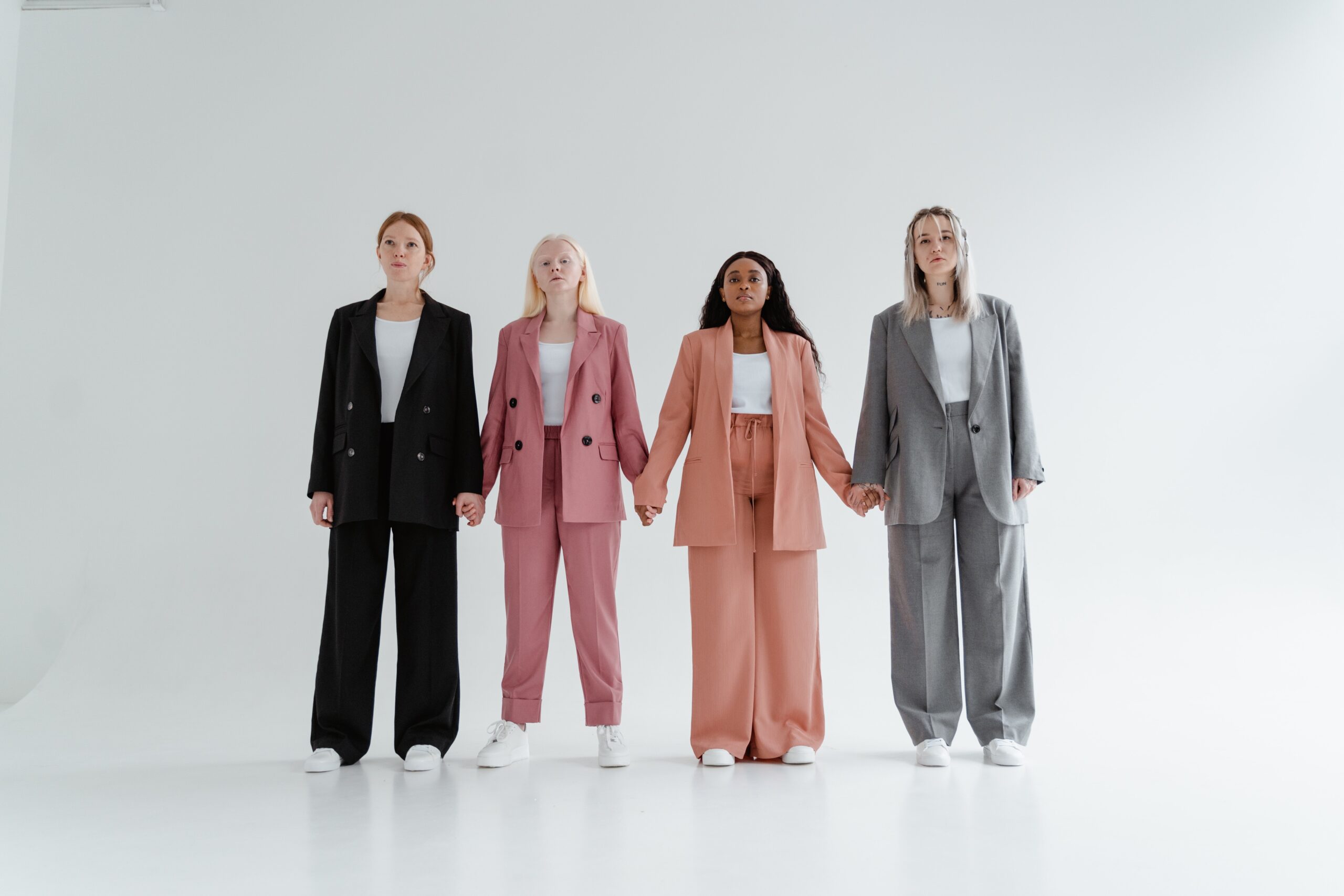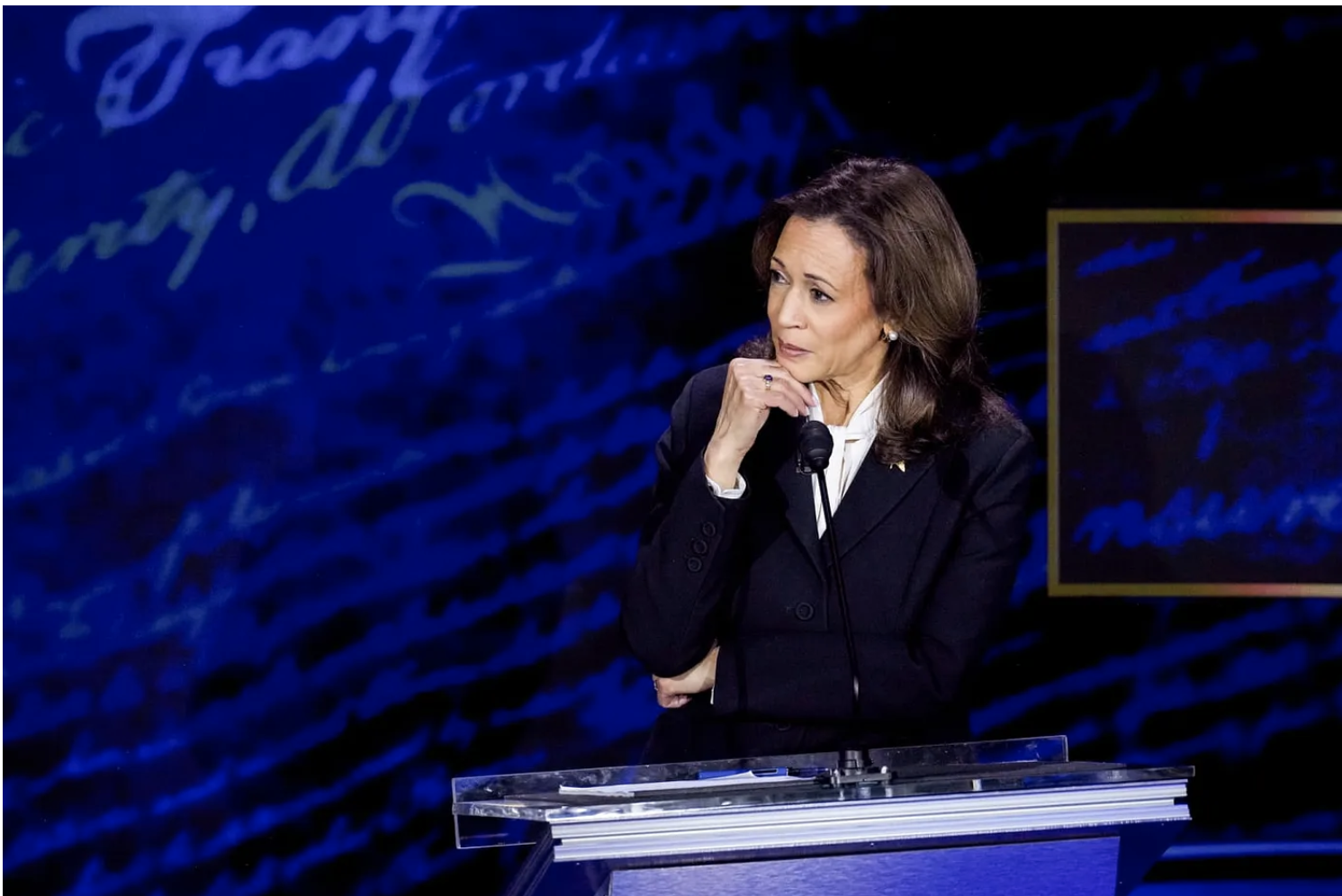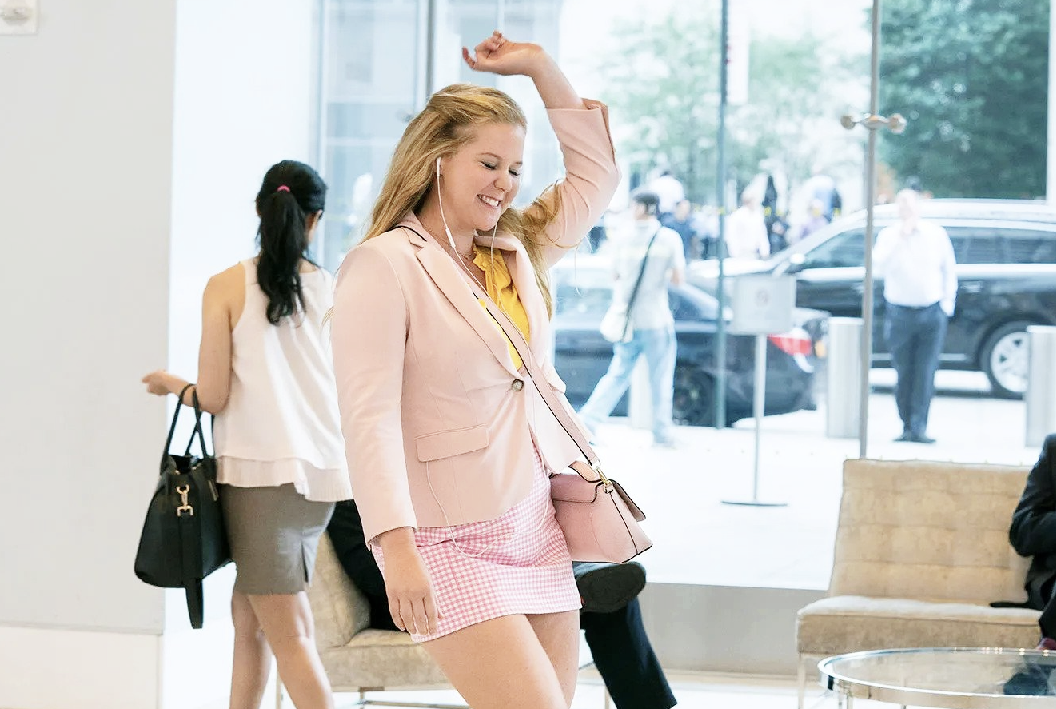Start Here: A BLM Guide For White People
In the last few months, my husband and I have gotten several text messages from a good friend. She’s a young, white woman with two kids, a husband, and a sleeve of bold, colorful tattoos.
We’ll call her Samantha. She’s a pastor in Atlanta and since the day I met her, she’s had open conversations with us about race and reconciliation. For her, caring about race issues didn’t just start a few months ago, yet she felt it right to text us and say she was sorry about the George Floyd murder and the social unrest.
While I found the gesture kind, I was confused about why she felt the need to send us these messages. I personally don’t need a pat on the back or an ‘I’m sorry’ right now; nobody does. We just need the justice system to be just.
I think, Black Lives Matter created a somewhat skewed perception for what we need from white people. White people, it seems, (and correct me if I’m wrong) feel as though all they need to do, is publicly acknowledge their stance on things, in order to make things right. And it’s a start, but really, it’s just a confession of guilt and acknowledgement, which honestly, doesn’t solve anything.
There is no quick fix to this issue. Questions like “what can I do?” and “How can I help?” are admirable at least but also frustrating. It’s going to take some time, and it’s going to take some work. So, here are a few things you can actually do to help:
- Allow yourself the space to grieve. If you’re just coming to the realization that race is a huge issue in this country, allow yourself the space to acknowledge that maybe things aren’t as they seem. Grieve the loss of your old reality. (This may take some time…)
- Give yourself time to recover. Time. Time is the only way we can heal and recover from tragedies — big or small. Give yourself a little time to take it in and let it out — whatever it is.
- Ask yourself questions about what you believe and why you believe it. Be honest with yourself. What do you truly believe about black people? What do you believe about white people and privilege? Why? Give yourself time to answer and process.
- If necessary, change your way of thinking. Use every opportunity to tell yourself a different story about race in America. Maybe, it’s as simple as being kind to those around you, regardless of their color. Maybe it’s doing some inner work to recognize when you may be prejudice towards someone for their color or social status.
- Repeat. Over and over until you feel better or different or at the very least, more aware.
And honestly, it’s not a crime to be prejudice, it’s just immoral . All of us, no matter our color or social status have been prejudice towards someone else at some point in our lives.
We judge people, it’s what we do. The problem here, with the revolution happening now, is that black people are sick and tired of being judged by an entire government and social system. It’s one thing for us to judge and ignore one another; it’s another thing for an entire judicial system to do it to one group of people based on their color.
Here are some more things you can do.
Stop trying to fix this in a day. You don’t have to be everything and all things BLM right now. Start small. Start internally. Start in your home. Have conversations with yourself.
Evaluate your actions. Ask yourself: Have I ever racially profiled someone? Have I ever crossed the street when I saw a black person or black people walking on it? Have I ever called the police when a black home was making too much noise? Have I ever questioned a black person who was walking through my neighborhood? Have I ever asked a black woman or man whether they worked somewhere I deemed a little too fancy for them?
Have I ever assumed a black person couldn’t pay for something? Or looked at them strange and labeled them suspicious when I saw them walking around a store? Have I ever told them they’re so articulate? Have I ever wondered if they would be a good fit for a position in my place of employment because they were loud or different? Have I ever ignored their request for time off because I didn’t think they deserved it? Have I ever passed up a black person for a position because maybe I figured the white person would be better at it?
Who am I voting for? What social structures have I contributed to with my money and support? How can I contribute to making this country better for all people?
Do I believe in equality?
All of these questions are connected to moments of racism and prejudice towards black people and people of color. It’s happened to almost all of us. We’ve just been silent about it. We’ve talked in our little groups while we rolled our eyes at the incompetence of a white male we’ve had to work under even though we were more qualified.
And why? Why have we done that? Because we didn’t want to lose our jobs. Or create a scene. Or cause a problem. Because when black people speak up, we are called troublemakers as opposed to solutionaries. When a black boy sells water at a stop sign he is looked at as a criminal as opposed to an entrepreneur.
Some of you know these things. And some may refute these claims. And that’s fine. I’m not here to convince anyone of anything.
What I am here to do is challenge. Despite whether or not you believe these things to be true, you should at least ask yourself, if you’ve ever done them, and if you have, ask yourself, why.


